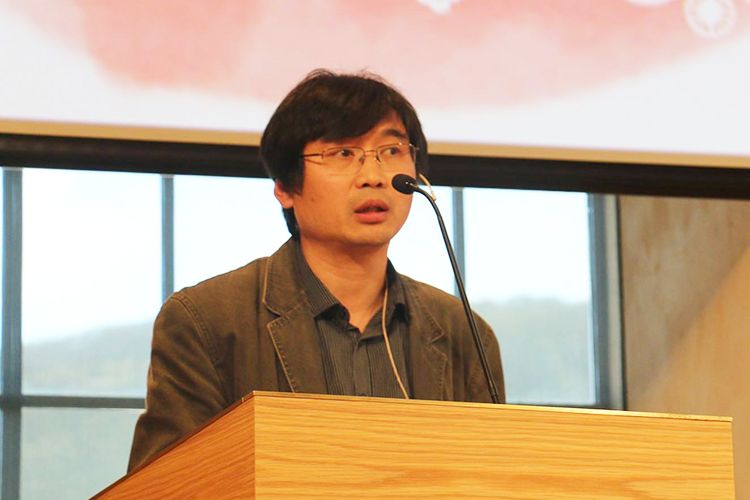A Chinese dissident has accused the Chinese police of forcing his detained brother to send him messages saying that his family members were not in fact “kidnapped” but invited to a police station for an investigation.
Germany-based Chang Ping, whose real name is Zhang Ping, said his two brothers and a sister were kidnapped in Sichuan province last Saturday, after he wrote a commentary for Germany’s Deutsche Welle (DW) regarding an open letter calling for the resignation of president Xi Jinping.
On Monday, the police of Sichuan province said on a weibo account that Chang’s father and two younger brothers were being investigated for causing a forest fire after lighting incense for a ceremony worshiping their ancestors on March 26. They were accused of burning down about 2.6 hectares of forest in a fire, that took around an hour to extinguish.

Political requests
One of Chang’s brothers, Zhang Wei, was then released and passed on three requests from the police. Chang claimed that the police told Zhang Wei that if the requests were fulfilled, his other brother could be released as well.
The requests were that Chang has to delete his posts online because “the family was not kidnapped”, that he has to confirm he wrote the commentary for DW and request a withdrawal, and that he has to stop publishing opinions critical of the Chinese government.
Zhang Wei also told Chang that the investigation procedures were “normal and correct” and that he was “mistaken”, as they were “invited for the investigation” and not kidnapped.
‘Painful performance’
Chang wrote on his Facebook account that the requests showed that it was “political persecution” as they have nothing to do with his family. He claimed that Chinese state security agency officers took over after his family members were detained.
“Maybe he [Zhang Wei] really did not know that the police have been deceiving him from the beginning,” Chang said. “What’s more likely is that he was manipulated by the police, that every message was sent following the police’s orders.”
“I can see that from state media to local police, they have all learned how to perform [a show of] manipulating hostages,” he added. “My brother became Hong Kong’s Lee Bo… Did the police not feel it is a painful performance?”
Hong Kong bookseller Lee Bo went missing in Hong Kong last December and showed up in China saying he was assisting in an investigation, but there was no official record of him leaving Hong Kong using a travel document. He insisted that he was not kidnapped to China.

No more contact
Chang said he will block Zhang Wei’s email account and he will not talk to his other family members and relatives – none of whom knows how to contact him – “for a long time or even forever”.
“My family and relatives will continue to be brainwashed by the police, thinking that their miserable experience was caused by my lack of familial affection,” he wrote.
“Some among them have started cursing me. I am indifferent to that. I do not have the ability to help them understand the depravity of the authorities.”
Before going into exile in Germany, Chang was the chief commentator and news director of Southern Weekend, a newspaper in China known for its progressiveness. In early 2011, he was forced to leave the newspaper. He then worked for now-suspended weekly magazine iSun Affairs, which was based in Hong Kong, but he was denied a work permit, forcing him to stay in Germany.

Mass detention
In early March, Chinese semi-government website Wujie News published an open letter calling for Xi to step down. It was signed by “loyal Communist Party members” but was deleted a few hours later.
Recently, outspoken Chinese journalist Jia Jia and family of New York-based dissident Wen Yunchao were detained in relation to the letter. The BBC reported that including them, 20 were detained as of last week.
Jia has been released but he and his lawyer did not give any details on his detention.
